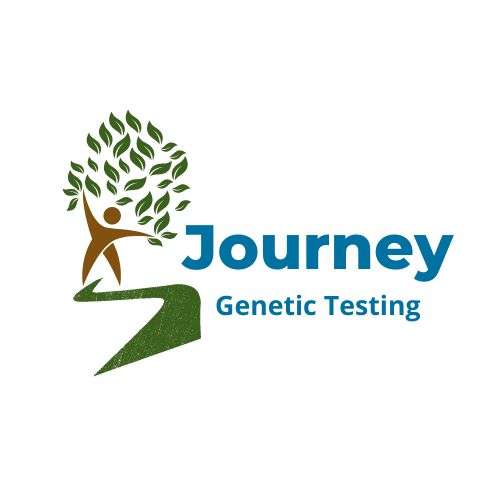DNA FAQs ABOUT DNA Tests
DNA Frequently Asked Questions
Listed below are links to our DNA Frequently Asked Question. Simply click on one or more, and you will be directed to that page for detailed answers.
DNA testing is now a common way of verifying relationships between two or more individuals. The most frequently asked question revolves around determining a man’s paternity in relation to a child. Home DNA kits serve as a means for peace of mind DNA tests. Meanwhile, legal DNA testing results are crucial in court cases to establish paternity, for Social Security benefit claims, and in various immigration cases.
For many individuals who have not yet undergone a DNA test, they may be unsure about the process and what it entails. We have a lot of FAQs to help you in deciding what test is right for you on your journey to truth through DNA.
If you do not see the answer to your question, please contact our Customer Support Team who will be happy to help you. Your questions and case will always be in complete privacy.
FAQs About Collecting DNA Samples
FAQs About Ordering A DNA Test

